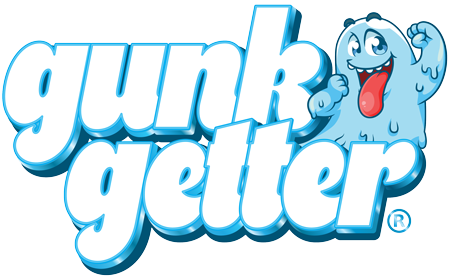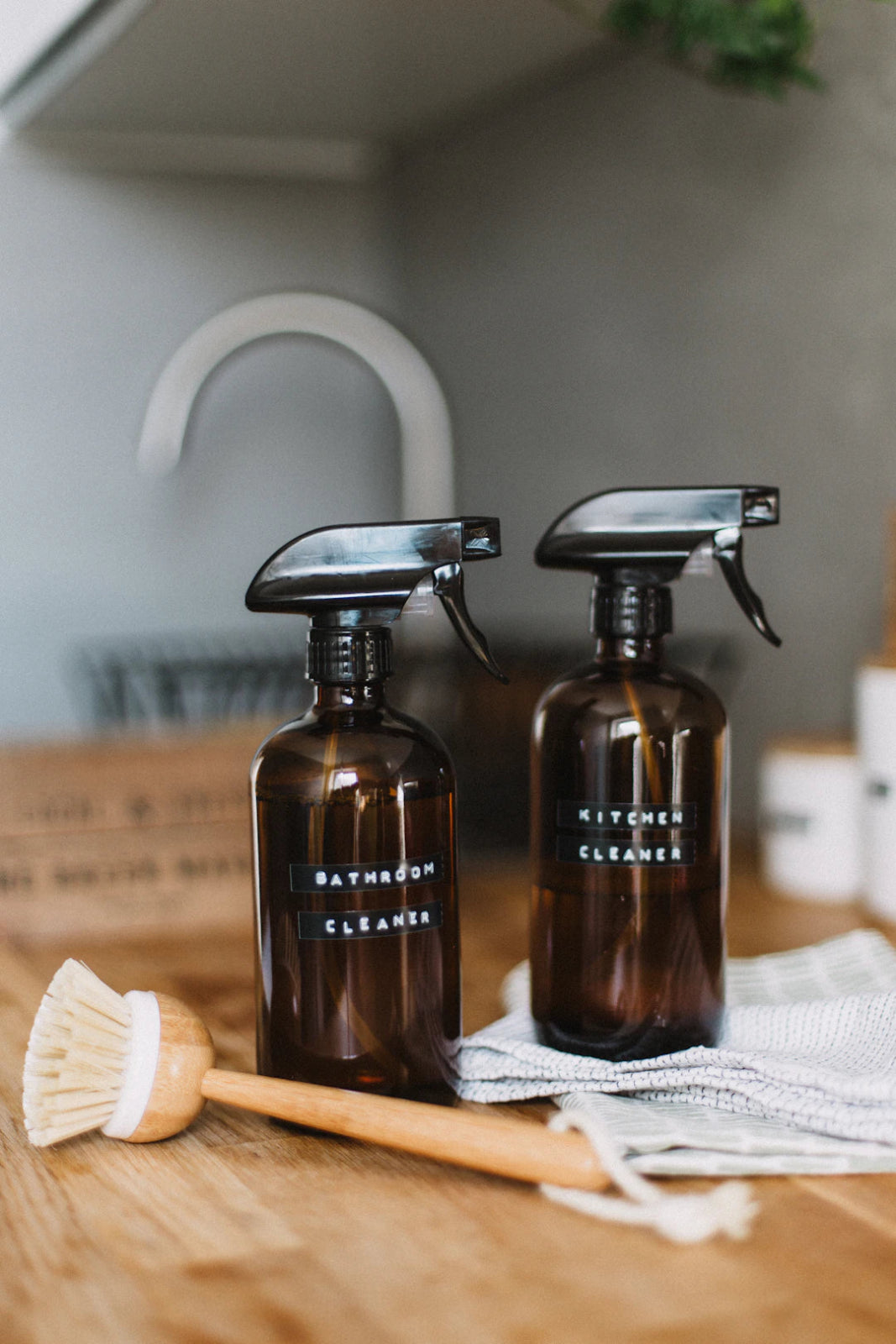Frequently Asked Questions
1. Why is establishing a cleaning routine important for families?
2. What steps should I take to assess my home’s cleaning needs?
3. How can I create a family cleaning schedule?
4. What are some quick cleaning hacks for busy days?
5. How can I involve my children in the cleaning process?
In today’s fast-paced world, busy families often find it challenging to keep their homes clean and organized. The struggle to balance work, school, extracurricular activities, and household chores can feel overwhelming. However, with a little planning and some smart strategies, creating an effective cleaning routine can become a seamless part of your family’s daily life. Let's explore practical steps and tips that will help you maintain a clean home without feeling stressed.
The Importance of a Cleaning Routine
Establishing a cleaning routine is vital for several reasons:
- Minimizes Stress: A clear cleaning schedule can reduce anxiety about house maintenance.
- Promotes Teamwork: Involving all family members can instill a sense of responsibility.
- Creates a Healthy Environment: Regular cleaning minimizes germs and allergens, fostering better health.
- Improves Productivity: A clean, organized space can boost focus and efficiency for every family member.
Getting Started: Assessing Your Cleaning Needs
Before diving into specific tasks, take time to assess what areas of your home require the most attention. A family with young children might prioritize keeping floors and play areas clean, while a household with pets may focus on surfaces that gather fur and dander. Consider the following steps to evaluate your cleaning needs:
Make a List
Write down all rooms and areas in your house. Identify which spaces are used most frequently and may require more frequent cleaning and maintenance.
Determine Cleaning Frequency
Consider how often each area needs attention. For example:
- Kitchens and bathrooms: These areas typically require daily attention.
- Living rooms: Weekly cleaning may suffice with regular light tidying.
- Bedrooms: A bi-weekly schedule may work, but daily tidying can help maintain order.
Creating Your Family Cleaning Schedule
Once you've assessed your cleaning needs, it’s time to create a schedule that works for your busy family. Here’s how to build a cleaning calendar that ensures nothing falls through the cracks:
Assign Daily Tasks
Daily tasks can help maintain your home’s cleanliness without overwhelming anyone. Some suggestions include:
- Make Your Beds: Start the day with this quick activity to instantly uplift bedrooms.
- Do the Dishes: Clean up immediately after meals to avoid a pile-up.
- Wipe Down Surfaces: Quick surface wipes can keep kitchen counters and tables looking fresh.
Implement Weekly Focus Areas
Each day, assign a specific focus area that the family can tackle together. An example might include:
- Monday: Living room deep clean
- Tuesday: Kitchen organization and cleaning
- Wednesday: Bedrooms vacuuming and dusting
- Thursday: Bathroom scrubbing
- Friday: Floors and hallways tidying
- Saturday: Outdoor areas or garage clean-up
- Sunday: Family fun or relaxation!
Utilize Calendar Tools
Using a shared family calendar can help everyone stay on track. Whether it’s a paper calendar in a common area or a digital one, ensure that each member knows their responsibilities.
Streamlining The Cleaning Process
Efficiency is key in maintaining a cleaning routine, especially for busy families. Here are some tips for streamlining the cleaning process:
Declutter Regularly
Regularly decluttering areas can make routine cleaning much easier. Here are some quick strategies:
- 15-Minute Tidy: Set a timer and declutter for just 15 minutes each day.
- Seasonal Purge: At the change of each season, donate or discard items that are no longer needed.
Incorporate Multi-Use Products
To make the most of your time, opt for multi-purpose cleaning products. This approach not only saves space but also minimizes time spent switching between products. For instance, consider keeping cleaning tools like keyboard cleaning gel handy, as it efficiently tackles dust and debris buildup on frequently used electronics.
Involving the Kids
Engaging your children in the cleaning process can foster responsibility and teamwork. Here are some fun ways to get the kids involved:
Chore Chart
Create a colorful chore chart with assigned tasks that kids can check off as they complete them. This is visually appealing and motivating for children.
Cleaning Contests
Make cleaning a game by setting timers for certain tasks. Who can tidy up the fastest? This can turn a mundane chore into an exciting competition!
Rewards System
Introduce a reward system to recognize their efforts. This could involve earning points that they can trade for rewards, like extra screen time or a fun family outing.
Quick Cleaning Hacks for Busy Days
Even with a solid cleaning routine, there will be days when time is short. Keep things manageable with quick cleaning hacks:
The One-Minute Rule
If a task will take less than a minute, do it immediately. This can include hanging up coats, putting away shoes, or wiping down a counters.
Set a Timer
Decide on a time limit for cleaning tasks. For example, set a timer for 10-15 minutes and see how much you can accomplish within that timeframe. This turns cleaning into a quick, focused activity.
The Power of Maintenance
Consistency is essential in maintaining a clean home. Set up routines that don’t feel overly burdensome. Here are some easy maintenance practices:
Daily Checklists
Establishing a simple checklist can guide family members on what to do daily and weekly. This makes it easier and can help keep everyone accountable.
Regularly Scheduled Deep Cleans
Although daily cleaning helps maintain a clean home, deep cleaning every few months is critical for hygiene and organization. Consider all yearly schedules for maintenance tasks that may not be done regularly but are still important.
Creating Calm in Chaos
Your family might be busy, but a clean home can help foster a calm environment amidst daily chaos. The small efforts you put into your cleaning routine can yield big results in how your family feels about their living space. Remember that perfection isn’t the goal – cleanliness and organization will make a more comfortable and enjoyable home for everyone.
A Final Note on Family Cleaning Routines
By establishing an effective cleaning routine, you can reclaim your home, your time, and your sanity. With everyone working together and embracing the cleaning process, your family can bring balance to the busy lifestyle you lead. So roll up your sleeves, gather your cleaning supplies including items like keyboard cleaning gel, and start creating the serene, tidy home environment that your family deserves!
Check out another user's Shopify or Wix store by clicking this store link. Note that this is a promotional link, and we assume no liability for the content of the linked store.


Share:
The Health Benefits of a Clean Home: Why It Matters
Essential Tips for Cleaning and Maintaining Carpets & Rugs